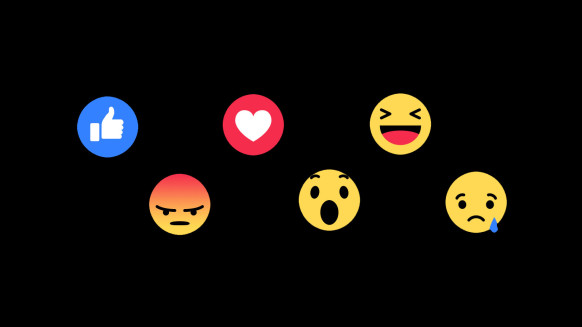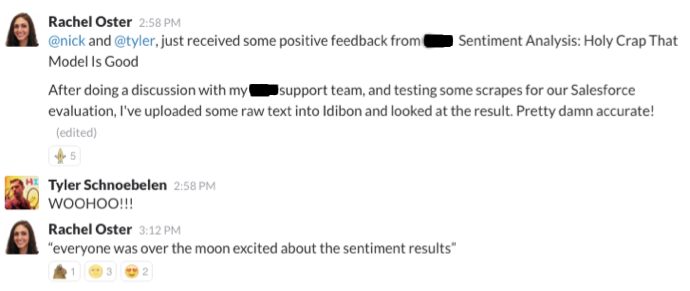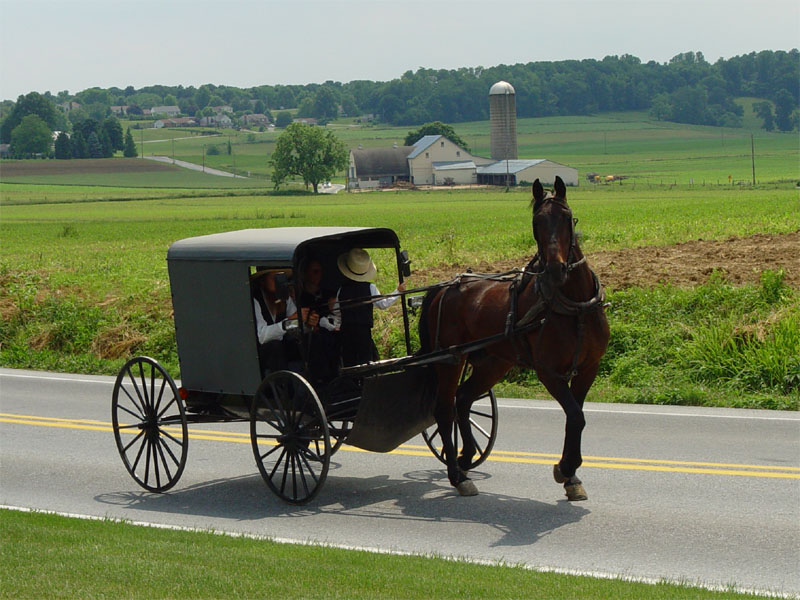Cross-post from: http://idibon.com/facebooks-reactions-are-in-the-10-most-widely-spoken-languages-still-outnumbered-by-the-amish/
Facebook has just extended the “Like” button with five new reactions: Love, Sad, Angry, Wow, and Haha. If we take the stat that Facebook has about 4.5 billion likes (now reactions) each day, we can treat it as its own language, now with six different words. The average person speaks about 16,000 words a day, so treating each reaction as a word makes Facebook Reactions a language with the equivalent of 281,250 speakers.

New Reactions. Credit: Facebook via WIRED
By Ethnologue’s estimates, that puts Facebook’s “Reactions” within the top 10% of languages.
In a Wired article, Linguists Not Exactly Wow About Facebook’s New Reactions, Susan Herring and Geoff Pullum lament that “Like” and “Love” are nouns or verbs, “Sad” and “Angry” are adjectives, and “Wow” and “Haha” are interjections or exclamations. You would use them in different sentence positions, so they are an uncomfortable grouping. I think this misses the broader point that this is only true in English, and English only makes up 5% of the world’s daily conversations. Who knows what syntactic categories they map to in other languages?
Facebook’s new reactions will be used similarly by people across languages. I’m excited to see where these new forms of communication lead. They are not always lazy, in place of full written responses. In many cases, it would be social intrusion to enter a conversation with a longer response. The reactions stand in the place of the nods, smiles, grunts, and other non-speech expressions that you use during spoken conversations, and even simply to just acknowledge your (remote) attention to what they are saying.
Slack, the messaging system that has grown rapidly within many businesses, recently allowed any emoji to be used as a reaction. This has already lead to linguistic innovation beyond the range of nods, smiles, etc possible in direct speech:
For whatever reason, five staff members reacted to good news from our head of accounts, Rachel, with a dancing banana. A sixth, my co-founder Tyler, replied in text “WOOHOO!!!”, more appropriate because he was addressed in the text (and his general exuberance). In the follow-up quote, we had smiling moons, smiling emoji with hearts for eyes, and a dancing animal that is an in-joke among our engineering team.
You can hear Tyler use more of his words on NPR’s All Things Considered last Sunday:
To put this amazing technology and linguistic advance into perspective, the Facebook Reaction may be in the top 10% of languages with 281,250 ‘speakers’, but that’s still less than the 300,000 people who speak Pennsylvania Dutch, a form of German spoken mainly by the Amish in the USA’s northeast.
Yes, words spoken each day among the Amish people in a small corner of the USA still outnumber the total number of global Facebook likes and other reactions. So we’re innovating, but not at such a large scale.
To read more about the birth of emojis during my experience as an advisor to UNICODE when emojis were first introduced:
Like I say in the article, the words “specious”, “stupid”, and “abuse” were frequently used in the debate about whether to allow emojis their place among other characters, so the controversy around linguistic innovation and what constitutes as real speech has been there since the start.
Robert Munro
March, 2016

